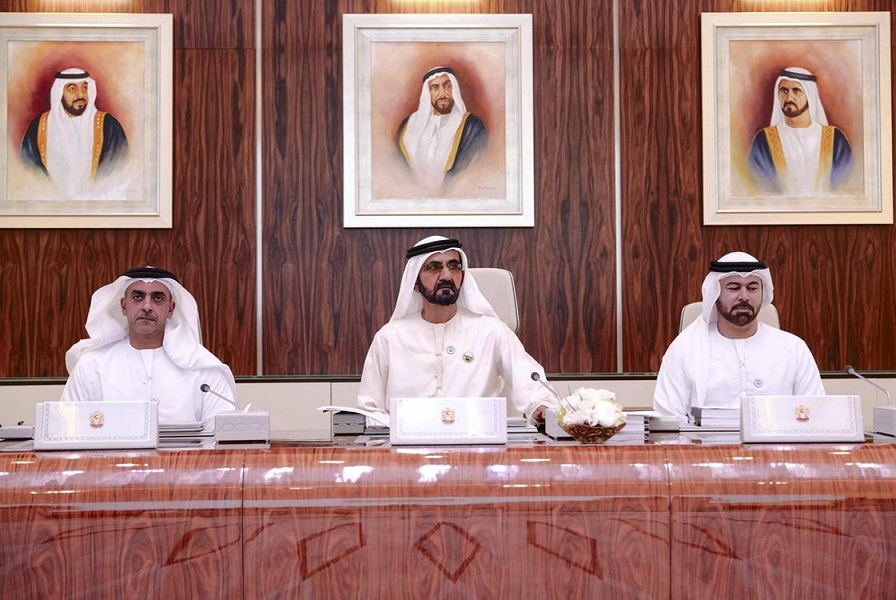Sheikh Mohammed announces sweeping changes to UAE's visa system
By Aliheydar_Rzayev Monday, 21 May 2018 3:22 PM

The UAE will enact sweeping changes to its residency system in which key workers will be offered visas of up to 10 years, to attract sought-after professionals.
Doctors and engineers and their families are among those who will be eligible for long-stay visas.
Specialists working in medicine, science, research and technical fields will also be eligible.
Students will also be able to secure five-year visas and "exceptional" graduates could remain in the country for 10 years. At present, students must apply to renew their visa each year.
Other major changes include allowing investors to own 100 per cent of a company based in the Emirates.
At present, companies are required to have a local partner that owns 51 per cent of the business. Only those based in free zones can be 100 per cent foreign-owned.
The changes were outlined in a Cabinet meeting chaired by Sheikh Mohammed bin Rashid, Vice President and Prime Minister and Ruler of Dubai, on Sunday.
"The UAE will remain a global incubator for exceptional talents and a permanent destination for international investors," said Sheikh Mohammed.
He said an "open environment, tolerant values, infrastructure and flexible legislation are the best plan to attract global investment and exceptional talents to the UAE".
Government departments have been told to work on implementing the changes by the end of 2018.
Major changes have been planned for some time. It was initially thought the move was only planned for Abu Dhabi.
Long-term residential visas and greater flexibility for retirees would encourage more expats to invest in the UAE - bringing a huge boost to the local economy.
That was the assessment of property experts and long-term expats.
Greater flexibility for retirees has been discussed although there was no specific mention of that at Sunday's Cabinet meeting.
Expats typically channel their money into property or savings schemes abroad - funds that could be spent in the local economy if they had the option to settle here long-term, observers said. A more permanent - rather than transient - workforce would also bring economic benefits.
The National




























Add new comment